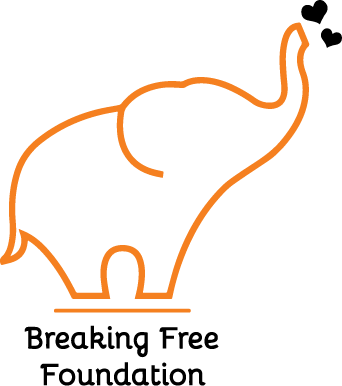Stress Response: How Slow Breathing Slows us Down
Previously published on the 'Conversations with a Rattlesnake' blog.
When we are in a stressful situation or state of mind, “fight or flight” comes into play as a response. This refers to how our body deals with or avoids what your brain deems as danger. This can happen when we are experiencing a re-traumatization, or even in day-to-day events such as traffic jams, stress at work, etc.
High stress situations can lead us to anxiety attacks, trouble breathing, headaches, high blood pressure, and the list goes on. Prolonged stress comes with a long list of health problems as well, so it’s important to remember that we have the ability to self-regulate. In other words, we can use our body to calm ourselves down when we feel agitated, and this can especially be done with slow, controlled breathing.
“Slower, regulated breathing decreases the metabolic activity in different parts of the brain and specifically allows our frontal lobes to calm down so that we can think better. And be more rational.” — Kim Barthel, from ‘Conversations with a Rattlesnake’
Shallow breathing limits the diaphragm’s range of motion, which can make you feel short of breath and anxious. Deep breathing is the practice of breathing in slowly through your nose, filling your lungs and allowing your lower belly to rise. You can do this at times of stress, or in preparation for something that might make you nervous, like public speaking for example. The daily practice of deep breathing will also serve to benefit you in your day-to-day life as well.
“Deep abdominal breathing encourages full oxygen exchange — that is, the beneficial trade of incoming oxygen for outgoing carbon dioxide. Not surprisingly, it can slow the heartbeat and lower or stabilize blood pressure.” — Harvard Health
— Written by Amber Craig[Follow me on Twitter]
